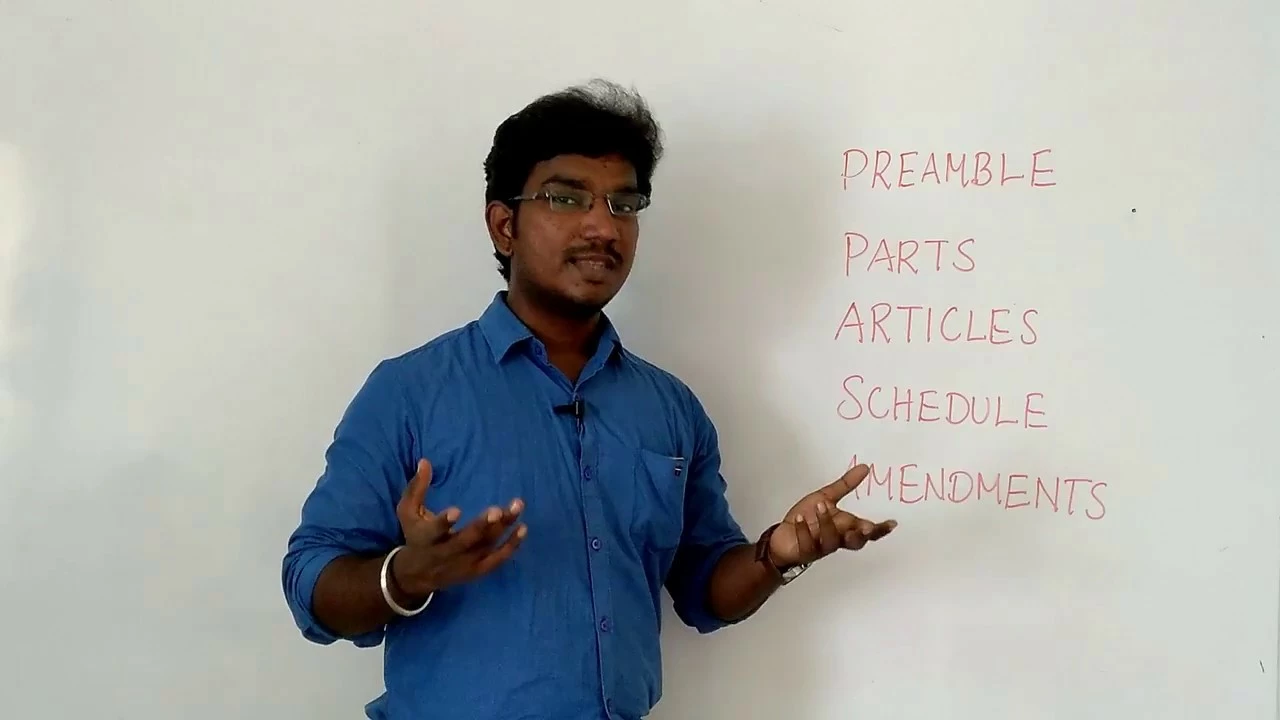Indian Constitution: What It Is and Why It Matters
Ever wondered why the Indian Constitution is talked about so much? It’s the rulebook that decides how our country runs. Written in 1949 and effective from 1950, it sets the ground rules for government, citizens, and the courts. Think of it as the ultimate cheat sheet for democracy in India.
What makes it special? First, it’s the longest written constitution in the world. That means it covers a lot of ground—rights, duties, the way elections work, and even how states fit into the Union. Because it’s so detailed, it can answer almost any legal question that pops up.
Main Features of the Indian Constitution
There are three core ideas that run through the whole document. The first is sovereignty—India makes its own decisions without outside control. The second is socialist, which means the state aims to reduce inequality. The third is secular, so the government stays neutral on religion.
Beyond these, the Constitution spells out six fundamental rights for every citizen. These include the right to equality, freedom of speech, protection against discrimination, and the right to life and liberty. Each right is there to protect you from unfair treatment by the state or others.
But rights come with responsibilities. The Constitution lists fundamental duties too, like respecting the national flag and protecting the environment. These duties remind us that a democracy works only when everyone pitches in.
Another key part is the amendment process. Changing the Constitution isn’t easy—most changes need a two‑thirds majority in both houses of Parliament, and some even need approval from at least half of the state legislatures. This makes sure that big changes can’t happen on a whim.
How It Affects Your Daily Life
Maybe you think the Constitution is something only lawyers care about, but it actually touches everyday things. When you vote, the rules in the Constitution decide who can run for office and how votes are counted. When you go to school, the right to education is protected by the Constitution.
If you face discrimination at work, you can point to the Constitution’s equality clause for support. If a law seems unfair, you can challenge it in the Supreme Court, which interprets the Constitution and can strike down laws that don’t match its spirit.
The Supreme Court and High Courts act as the Constitution’s watchdogs. They check whether government actions follow the rules. If a new policy looks like it might limit free speech, the courts can step in and decide if it’s allowed.
Understanding the Constitution also helps you be a better citizen. Knowing your rights means you can speak up when something isn’t right. Knowing your duties means you can contribute to a fairer society.In short, the Indian Constitution is the backbone of everything we call democracy. It gives us rights, sets limits, and guides the government. Whether you’re voting, studying, or just chatting about news, the Constitution is the invisible guide that keeps the system working.
So next time you hear a debate about a law or a policy, ask yourself: does it line up with the Constitution? That simple question can help you cut through the noise and see what really matters.
What effects does Indian constitution has on my daily life?
Well, folks, let's dive into this spicy curry of a topic - the impact of the Indian constitution on my everyday routine! It's like my morning chai, a bit bitter, a bit sweet, but necessary. It governs my rights, freedom, and duties, making sure I get my daily dose of democracy. The constitution is like my ever-watchful yoga instructor, ensuring I don't step out of line. In a nutshell, it's the unseen director of my life's Bollywood movie, cueing dramatic rights and freedom sequences while ensuring I stick to my 'duty' script.
